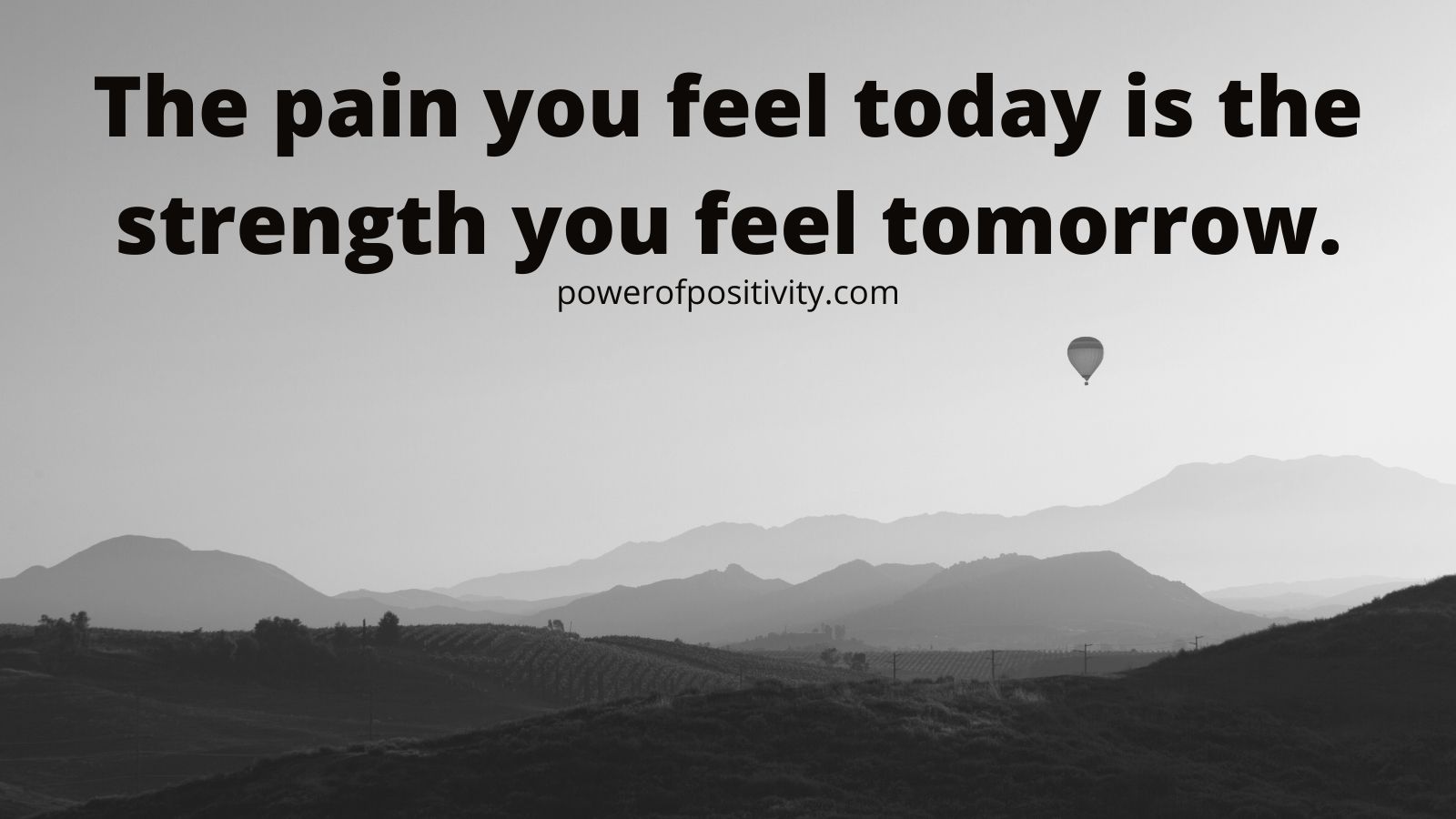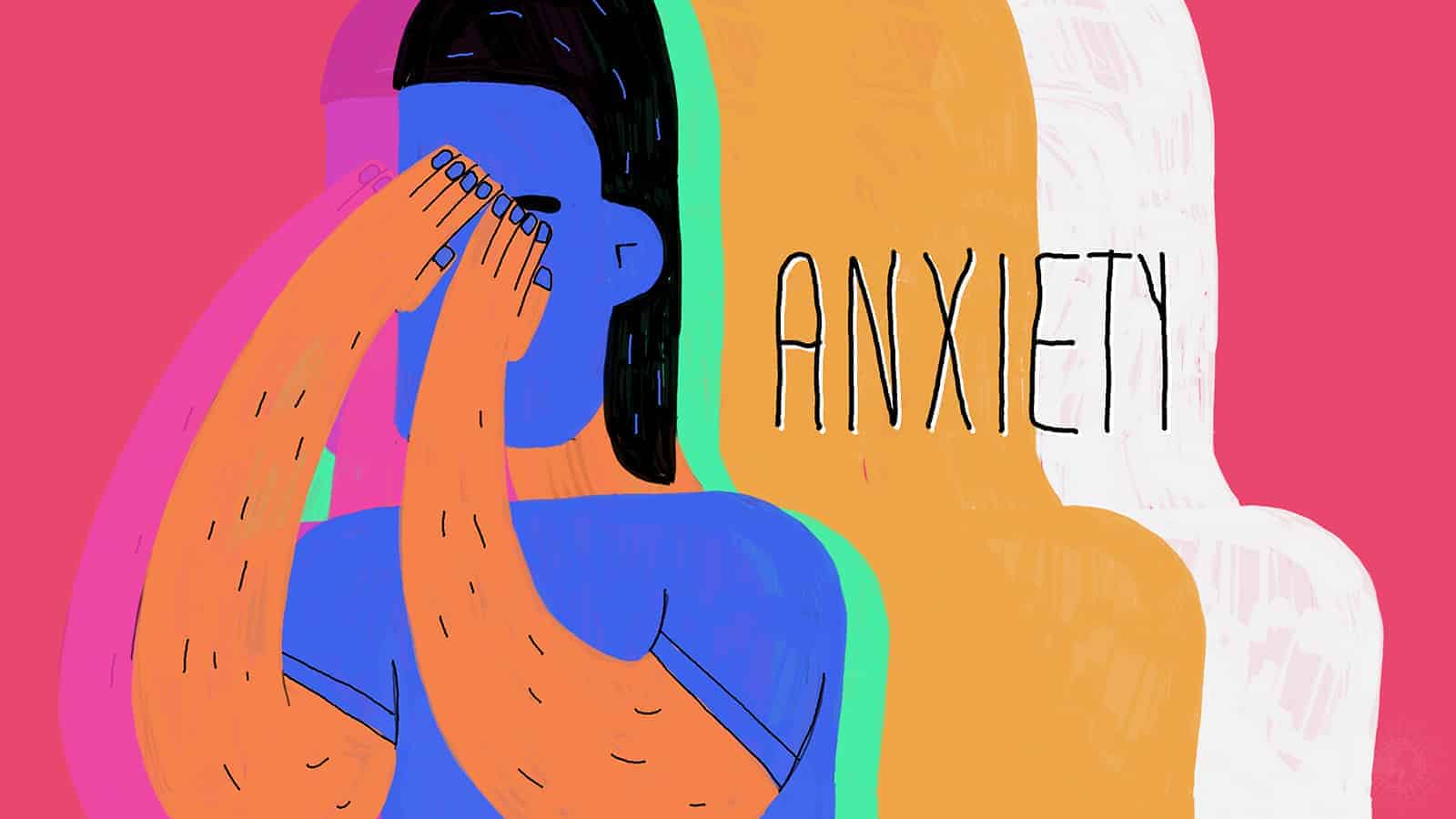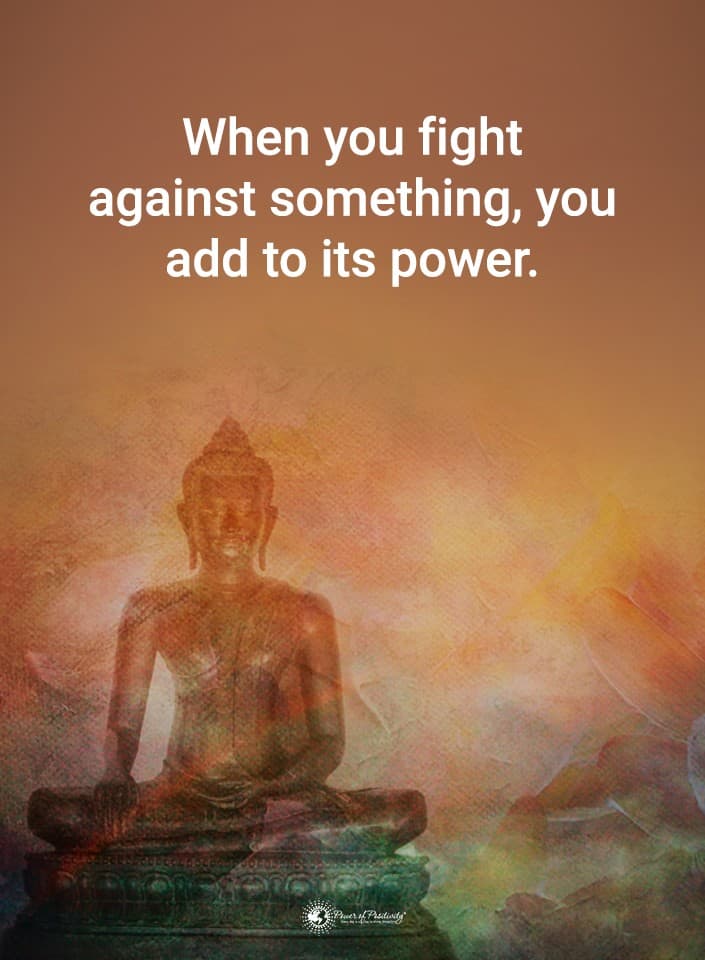Anxiety causes a nagging thought that something terrible is going to happen. Being an introvert means you prefer calm situations and environments that aren’t stimulating. To be an introvert with anxiety means that you deal with both of those things at once.
The anxiety might cause you to stay up all night thinking about something you did years ago. You might also notice anxiety creeping in when you must attend social situations or something else that disrupts your schedule. If these are issues you deal with, then it is likely that you are an introvert with anxiety.
Being an introvert doesn’t mean you have anxiety; the two issues are very different. It is common to deal with both problems, however, despite their differences. They often occur together when someone is an introvert with anxiety.
Understanding Anxiety
 Panic attacks, breathlessness, and sweaty palms sometimes characterize anxiety. However, this isn’t always the case because many people have high-functioning anxiety.
Panic attacks, breathlessness, and sweaty palms sometimes characterize anxiety. However, this isn’t always the case because many people have high-functioning anxiety.
High-functioning anxiety means it seems like they are fine, even though they are dealing with overwhelming negative thoughts. Those that struggle with this can often be successful and involved in the community.
Those with high-functioning anxiety are often unable to relax. They don’t let their guard down and are always on high alert. Their mind won’t settle, and they are constantly thinking and planning.
Anxious people can be very successful, even with all of the fear they experience. Usually, other people can’t even tell that the anxious person is suffering at all.
About Introversion
Introversion means that you prefer calm environments without too much stimulation. Not every introvert experiences anxiety and you don’t have to be an introvert to struggle with it. Many introverts deal with anxiety, though, so it is common to be an introvert with anxiety.
Ten Signs You’re an Introvert with Anxiety
Do these behaviors sound like you?
1. You’re Always Prepared Because You Think of the Worst-Case Scenario
Those who suffer from anxiety tend to think of the worst-case scenario in any situation. Because of this, they over-prepare so that they are ready for anything. Often, people think this means the person is reliable, but they don’t want to be stuck without something they need.
2. You Have Trouble Sleeping
Anxiety commonly causes difficulty sleeping, and you might struggle with insomnia. Having trouble falling asleep at night is typical for an anxious people because of all the thoughts running through their minds. Since they always think the worst-case scenario will happen, they can’t settle their mind for long.
Unable to settle the thoughts causes a lack of sleep, and being an introvert with anxiety intensifies the issue. When you struggle with both problems, you will have even more thoughts overwhelming your mind as you try to switch off. You will want to calm your thoughts and find peace, but the anxiety will pull you the other way.
Not only will you have trouble sleeping, but you will also frequently wake up during the night. Once you have settled in to sleep, it might not be very restful, especially if you suffer from constant wake-ups.
3. You’re Often Nervous but Don’t Show It
Introverts like to keep the peace, and this means they will hide their true feelings of nervousness. On the inside, they might be freaking out, and the anxiety might be overwhelming. They will still appear fine on the outside, though, not letting the turmoil shine through in the slightest.
If you notice that you can do this, then you are likely an introvert with anxiety. Keeping a calm demeanor while experiencing severe anxiety is a sure sign.
4. You Nervously Chatter
While you might not show how nervous you are, you can find yourself chattering nervously. Introverts tend to prefer quiet, but your nervousness will cause you to talk constantly instead.
Other people don’t always realize that you are doing it because you are nervous. Since they don’t know, it often makes them think that you are an extrovert or like to talk. Truthfully, though, this is how introverts with anxiety handle being nervous.
5. You Hide Your Feelings
In addition to hiding their nervousness, introverts with anxiety work hard to hide their other feelings, too. If you are someone that does this, you will notice that you suppress your emotions and thoughts. Others think you’re hard to read when you’re just trying to hide feelings that you perceive to be negative.
Feelings like stress, anger, frustration, irritability, and sadness are all emotions you might try to hide. You do this because you have taught yourself that the feelings are harmful and will make it so that others don’t like you.
 6. You See Things Differently Than Others
6. You See Things Differently Than Others
People with anxiety see things differently than other people do. Studies show it is harder for an anxious person to determine a safe situation. They associate more things as being a threat and tend to be on the lookout for such.
Seeing the differences is easy if you compare your reaction to that of others. Other people might seem calm, collected, and unafraid of their surroundings. At the same time, you might still be nervous for seemingly no reason.
If this situation often happens to you, then there is a good chance you are dealing with anxiety. It isn’t that the perceived threat is a figment of your imagination. Instead, it shows that you think differently than other people.
7. You Avoid Things You Can’t Control and Prefer to Stick to Your Routine
Introverts with anxiety tend to make their world as small as possible. They do this to prevent becoming overwhelmed or uncomfortable.
If you are this way, you will stick to your routines as often as you can. Plus, you will turn to situations you can control. Traveling, social events, conflict, or any other emotional experience will also trigger you.
If you get upset when plans change and struggle to be flexible, it is another sign you might be an introvert with anxiety. People who aren’t reliable might annoy you, and you don’t like to do things without a plan.
8. You Overthink and Give in to Negative Self-Talk
Those with anxiety tend to overthink, often leading to negative self-talk. They play every part of their day over in their mind until they have convinced themselves that it didn’t go well. Overthinking will happen after conversations, interactions, and any other little thing that happened.
The overthinking won’t only overwhelm them the same day, either. They might think about the same upsetting situation over again for weeks or months. If you notice that you are a culprit of this behavior, you might also experience a racing mind.
Your mind will dwell on things that don’t matter or can’t be changed. Plus, you will give in to the negative self-talk that follows, leading to self-deprecating thoughts and behavior.
9. You Always Have to Be Doing Something
Relaxing might be hard for you because you always need to do something. You will stay busy, getting things done and getting ahead. Staying productive is a coping mechanism for anxiety, as it keeps your mind off of the issue.
Plus, staying busy gives you a sense of control over your life. You might notice that people compliment you on how productive you are, not realizing that you do it to suppress your anxiety.
For some, this even means that sitting down to watch a TV Show or movie is impossible. Even then, you feel the need to keep your hands and mind busy with something else.
10. You’re a Perfectionist and Have a Fear of Disappointing Others
Worrying about disappointing others and feeling the need to be perfect is a sign you’re an introvert with anxiety. Not wanting to disappoint others means that you put the happiness of others before your own, forcing yourself to sacrifice your needs.
You will need to be perfect at work, home, and appearance. This mindset leads to unrealistic expectations and overwhelming fear. It can also make you feel like you constantly fall short and are never good enough (even though you are).
Being a perfectionist and wanting to please others happens because people with anxiety feel better when they are in control. They can control their life’s course if they push themselves to be perfect. Unfortunately, it often leaves them feeling like they didn’t do enough or make the right choice because perfection is impossible.
Final Thoughts on Signs You’re an Introvert with Anxiety
Being an introvert and struggling with anxiety each come with their own set of problems. If you are an introvert with fear, the issues intensify and present themselves differently. These signs can help you if you are an introvert with anxiety, helping you recognize the behaviors.
Being an introvert with anxiety can be hard to live with all of the time, but you can do it with the right mindset. Remember these signs, and allow them to help you make changes for the better. With an open mind, you might be able to overcome some of the negativity you experience.





















